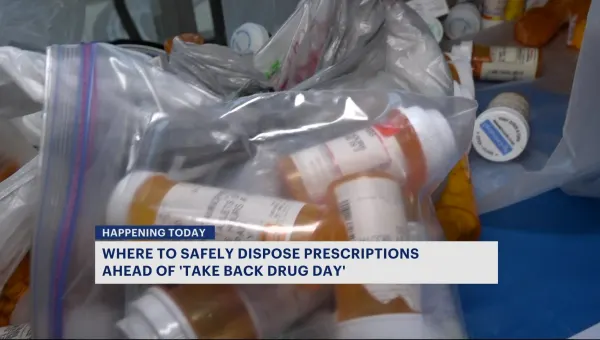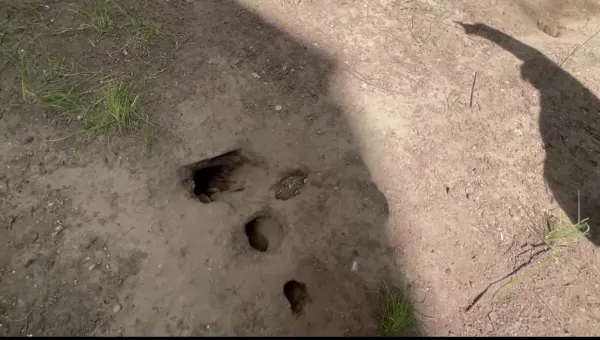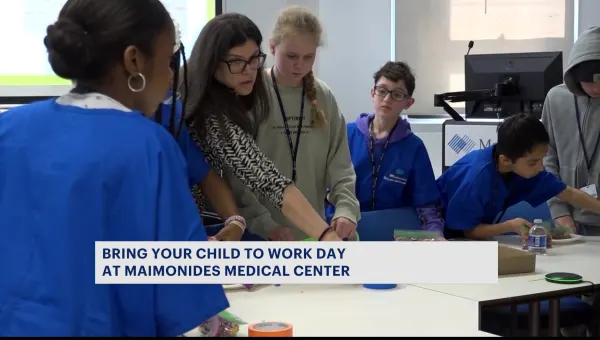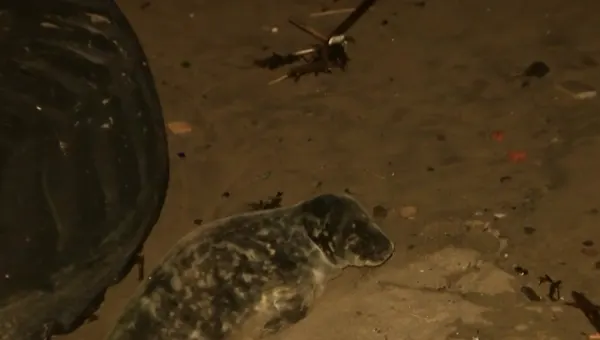‘Brain bank’ study hopes to better understand opioid addiction
Researchers say that a first-of-its-kind study could be the next step in the fight against opioid addiction.
News 12 Staff
•
Mar 14, 2019, 2:32 AM
•
Updated 1,870 days ago
Share:
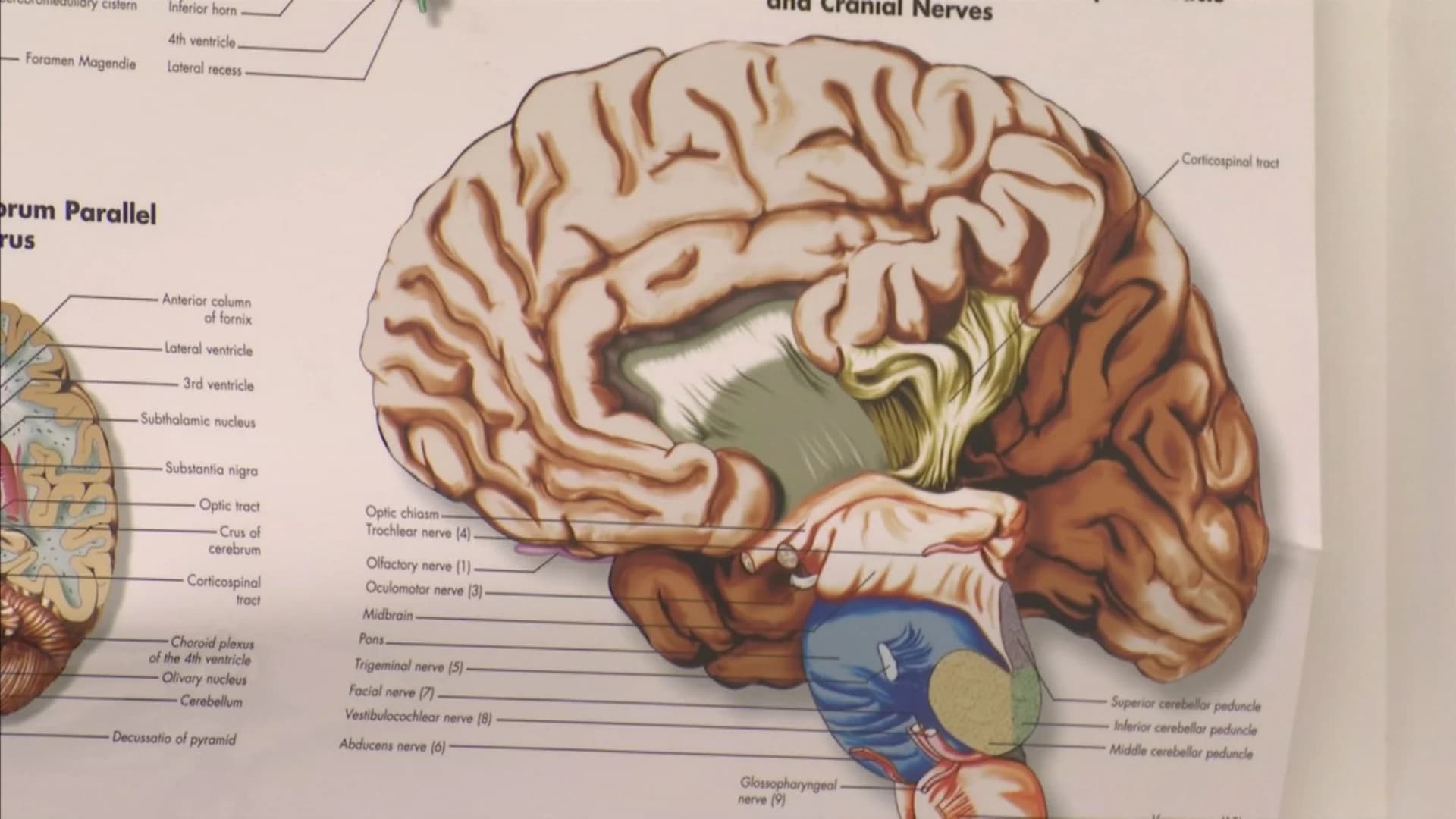
Researchers say that a first-of-its-kind study could be the next step in the fight against opioid addiction.
The Camden Opioid Research Initiative (CORI) will take place over the next several years. Scientists say that the impact they're hoping to have on the opioid crisis is immense and that it all starts with looking at a person's brain.
“There are many biobanks of brains in the world but none of them, as I know, contain strictly brains from individuals who have died from opioid addiction,” says Thomas Ferraro, professor of biomedical sciences at Cooper Medical School.
Ferraro says that the project is one of the biggest of his lifetime – an in-depth look at just what causes a person to develop an opioid addiction.
“We feel that there may be changes that occur only in the brain that are not reflected in other cells of the body,” he says.
RELATED: Black Balloon Day seeks to raise awareness about opioid addiction
RELATED: Opioid treatment now eligible for medical marijuana
RELATED: Opioid treatment now eligible for medical marijuana
Up until now, researchers have only been able to look at the cells in samples like blood. But the creation of the biobank of brains will allow them to take a closer look at addiction – which they say is a disease of the brain.
“Knowing that there are things that are happening just in the brain that are not reflected in the DNA and the rest of our body would be transformative,” says Ferraro.
MORE: CDC: Opioid crisis leads to decline in average life expectancy
MORE: NJ attorney general sues opioid company over marketing
MORE: NJ attorney general sues opioid company over marketing
CORI is a joint partnership between Cooper University Health, Cooper Medical School and Coriell Institute for Medical Research.
“This project is to determine and better understand the genetic and non-genetic factors that influence opioid use and addiction,” says principal research scientist Stefan Zajic.
In addition to the collection of brains, there will be two clinical studies. One will look at chronic pain patients who are using opioids. The other will look at those being treated for addiction and if those therapies are working. Researchers say that this will all have the potential to turn the opioid addiction crisis around.
“A lot of people’s risk for addiction is tied to their genetics, a lot of people don't know that,” says Zajic. “If we could provide that kind of information to a doctor who could have that in hand while they're making a decision about what kind of drug to prescribe to someone, we think that would be very valuable."
The biobank portion of this study currently only uses tissue donations from those in Camden, Salem and Gloucester counties. But the researchers say that they are hoping to expand it statewide in the future.




